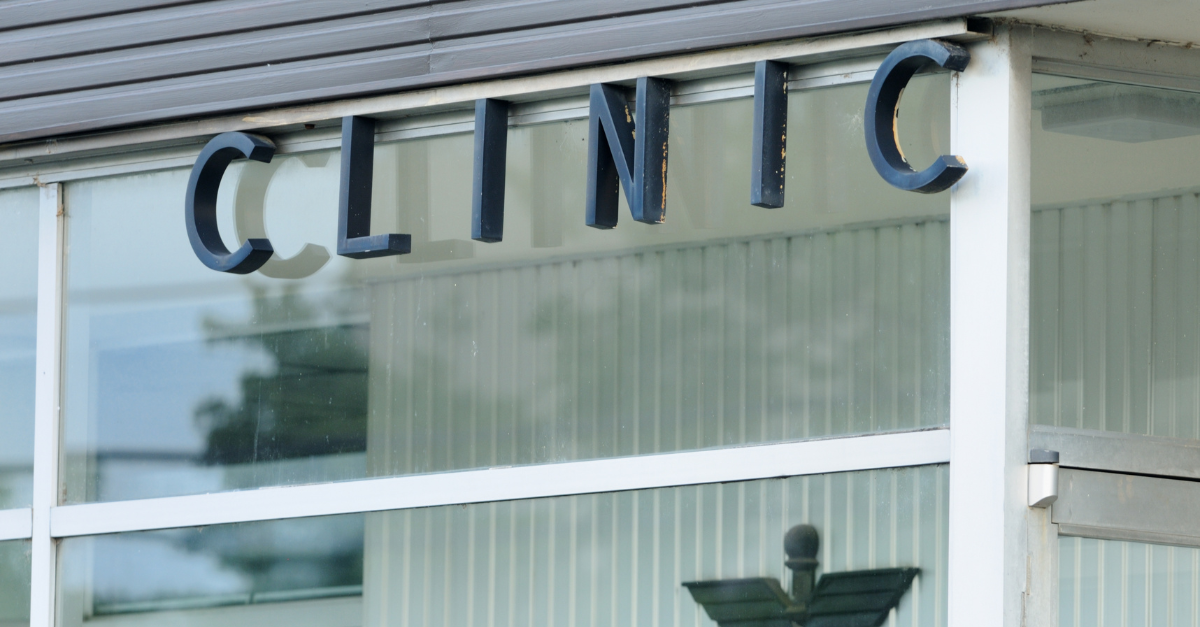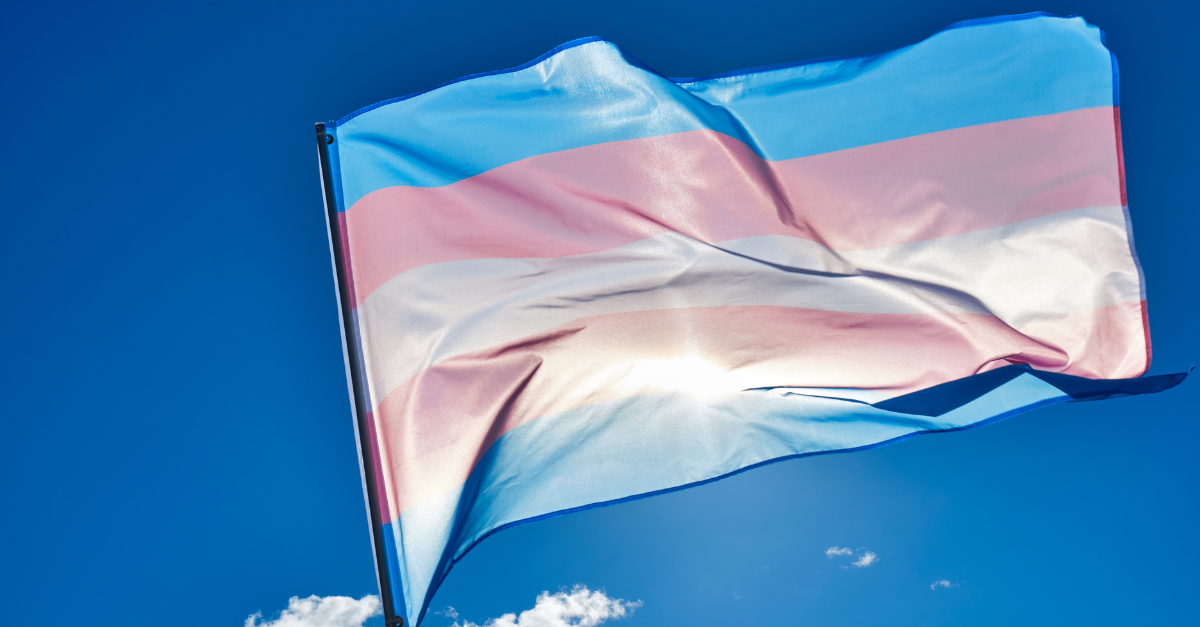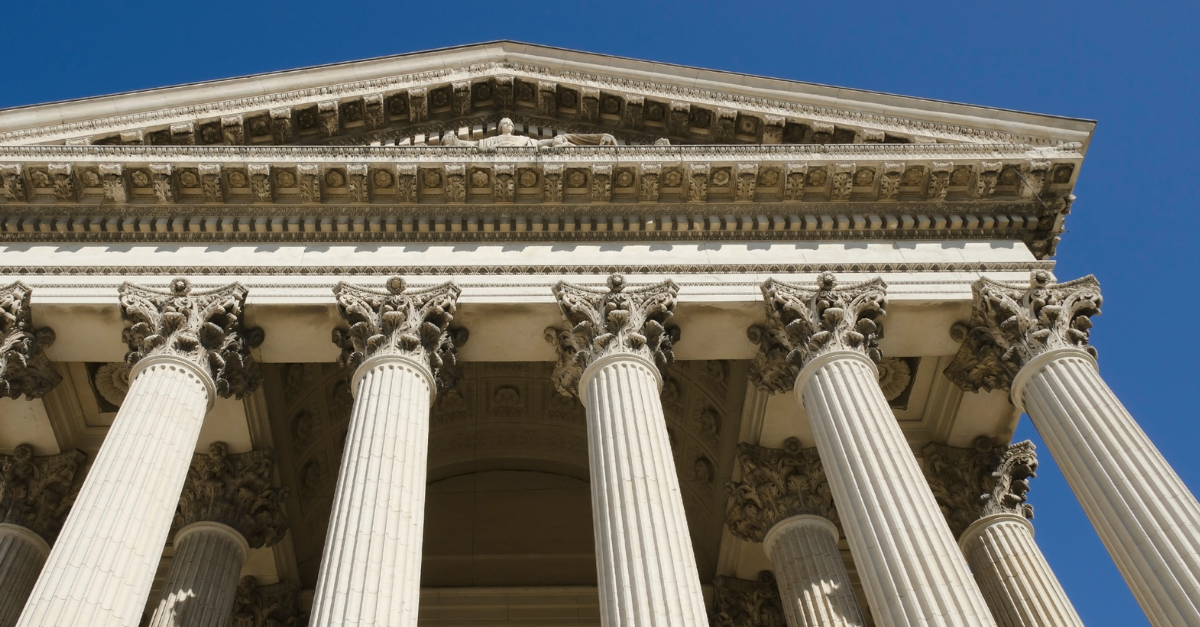NAWL Joins Bar Organizations' Statement in Support of the Rule of Law
Bar Organizations’ Statement in Support of the Rule of Law
CHICAGO, March 26, 2025 — We the undersigned bar organizations stand together with and in support of the American Bar Association to defend the rule of law and reject efforts to undermine the courts and the legal profession.
In particular, as outlined by the ABA:
We endorse the sentiments expressed by the chief justice of the U.S. Supreme Court in his 2024 Year End Report on the Federal Judiciary, “[w]ithin the past year we have also seen the need for state and federal bar associations to come to the defense of a federal district judge whose decisions in a high-profile case prompted an elected official to call for her impeachment. Attempts to intimidate judges for their rulings in cases are inappropriate and should be vigorously opposed.”
We support the right of people to advance their interests in courts of law when they have been wronged. We reject the notion that the U.S. government can punish lawyers and law firms who represent certain clients or punish judges who rule certain ways. We cannot accept government actions that seek to twist the scales of justice in this manner.
We reject efforts to undermine the courts and the profession. We will not stay silent in the face of efforts to remake the legal profession into something that rewards those who agree with the government and punishes those who do not. Words and actions matter. And the intimidating words and actions we have heard and seen must end. They are designed to cow our country’s judges, our country’s courts and our legal profession.
There are clear choices facing our profession. We can choose to remain silent and allow these acts to continue or we can stand for the rule of law and the values we hold dear. We call upon the entire profession, including lawyers in private practice from Main Street to Wall Street, as well as those in corporations and who serve in elected positions, to speak out against intimidation.
If lawyers do not speak, who will speak for our judges? Who will protect our bedrock of justice? If we do not speak now, when will we speak? Now is the time. That is why we stand together with the ABA in support of the rule of law.
American Bar Association
Alameda County (California) Bar Association
Alexandria (Virginia) Bar Association
Allegheny County Bar Association (Pennsylvania)
Association of Professional Responsibility Lawyers
Bar Association of Erie County (New York)
Bar Association of Metropolitan St. Louis
Berks County (Pennsylvania) Bar Association
Boston Bar Association
Boulder County (Colorado) Bar Association
Chicago Bar Association
Chicago Council of Lawyers
Cleveland Metropolitan Bar Association
Columbus (Ohio) Bar Association
Connecticut Bar Association
Contra Costa (California) County Bar Association
Detroit Bar Association and Foundation
Erie County (Pennsylvania) Bar Association
First Judicial District Bar Association (Colorado)
Hennepin County (Minnesota) Bar Association
Hispanic National Bar Association
Hudson County (New Jersey) Bar Association
Illinois State Bar Association
Kansas Bar Association
Kansas City Metropolitan Bar Association
Kansas City Metropolitan Bar Foundation
Lawyers Club of San Diego
Long Beach (California) Bar Association
Louisville Bar Association
Maine State Bar Association
Middlesex County (New Jersey) Bar Association
Milwaukee Bar Association
Minnesota State Bar Association
Monroe County (New York) Bar Association
Nassau County (New York) Bar Association
National Asian Pacific American Bar Association
National Association of Women Lawyers
National Conference of Bar Presidents
National LGBTQ+ Bar Association
National Native American Bar Association
New Jersey Women Lawyers Association
New Mexico Black Lawyers Association
New York City Bar Association
New York County Lawyers Association
North County (California) Bar Association
Board of Governors of the Oregon State Bar
Passaic County (New Jersey) Bar Association
Philadelphia Bar Association
Queens County (New York) Bar Association
Ramsey County (Minnesota) Bar Association
San Diego County Bar Association
San Fernando Valley (California) Bar Association
Santa Clara County Bar Association (California)
South Asian Bar Association of North America
State Bar of New Mexico
Virgin Islands Bar Association
Board of Governors of the Washington State Bar Association
Worcester County (Massachusetts) Bar Association





